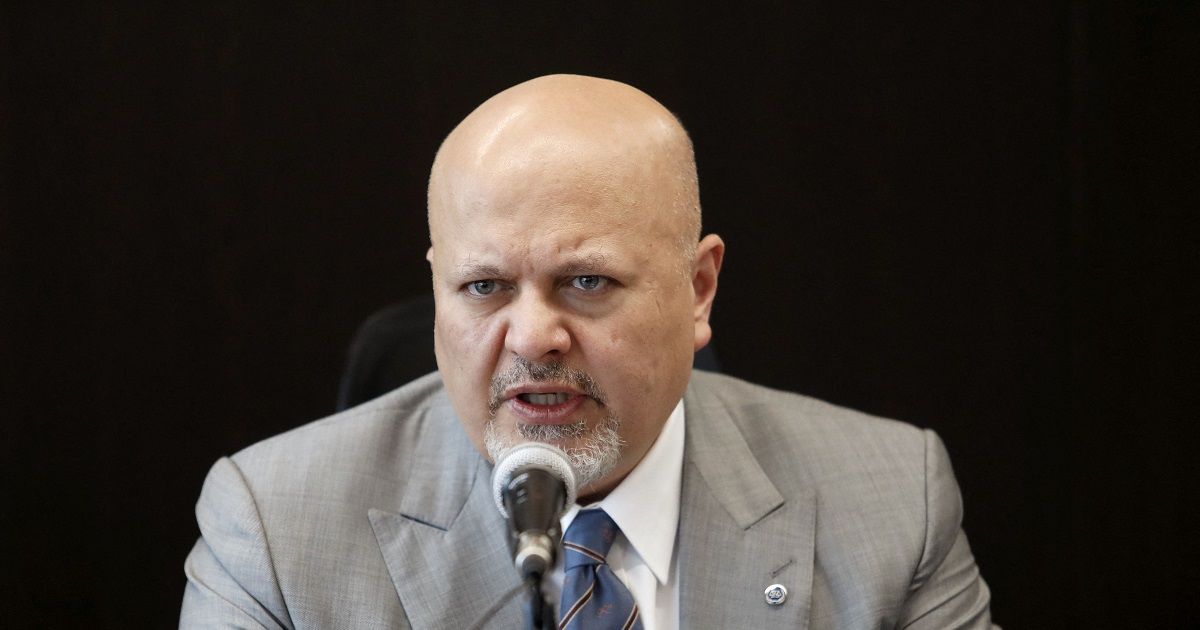“In 2023 the labor issue will be important, the challenge is how we will adapt and implement the changes. It looks like a very challenging and complex year”, warns Paloma González, president of ERIAC, an association of Human Capital professionals. The implementation of several legal reforms, the new trends in the sector and the adverse economic environment will make the Human Resources agenda one of the most dynamic this year.
From the executive’s perspective, the talent management agenda in 2023 will be marked by issues such as the application of vacation and pension reforms, the new relationship with unions, and the operation of the new labor justice model. “Other issues that are going to concern us is the employee experience, all these trends such as the burnout and the war for talent, are true”.
For André Maxnuk, general director of Mercer Mexico and Latin America, a topic that will occupy the talent areas this year will be the impact of inflation on workers’ compensation and the strategies that companies adopt to deal with it,
“In financial terms, the reflection of inflation in the retention policies it’s critical. Companies are not going to be able to overcome inflation with salary increases and they will have to look for more alternatives to retain people. It is probable that we will see reviews of benefit packages”, says the specialist.
Héctor Márquez Pitol, president of the Mexican Association of Human Capital Companies (Amech), agrees with this. “Inflation is not going to end, it is expected that it will be controlled, but we will wait a long time and, in the meantime, we will continue talking about the impact on wages”.
In addition to the environment of legal changes, Paloma González considers that the global economic context adds another challenge for the talent management areas. “The big challenge is how we are going to balance budgets, because they will surely be limited, with all these trends and changes that we bring. I think it will be a challenging year.”
In 2019, the country began a series of changes in the world of work with the reform of the labor justice system, collective bargaining rules and union democracy. Since then, the entry into force of NOM-035, the modifications to the subcontracting regime, the historical increases in the minimum wage and the teleworking reform, to name a few changes, have given a more active role to Human Resources departments. .
Just last year, the project to update the table of work-related illnesses and the NOM for Telework was completed, and the vacation reform was approved in the Congress of the Union. To these changes are added in the talent areas agenda the growth in turnover levels, the global competition for talent –largely accelerated by the pandemic–, the demand for greater flexibility and the prioritization of comprehensive well-being.
Héctor Márquez stresses that 2023 will not be a year exempt from regulatory changes. “We will continue to see proposals on a day-to-day basis, I like it because the Federal Labor Law should not be fixed. One of the big problems that countries come to have is when there are no changes in labor matters and then it falls behind due to the speed of the changes”.
That is why, the Amech representative points out, that Human Resources departments must be attentive to regulatory changes. “These areas have a great responsibility within the company, not only to maintain a full workforce, but also to constantly seek to promote policies that are in keeping with the times we are living in.”
How to prepare for this scenario?
From the point of view of Paloma González, the big difference this year to face the challenges will be to have a talent management team strengthened, specialized and developed. “The pure head of HR is not going to do it and neither is a weak team.”
In this vein, the ERIAC representative recommends that Human Resources departments review all processes, including those of internal communication. “We also have to review the training plans, as well as the employee’s experience. We have to move from planning to action as quickly as possible. If before we took a few months to put together a project, the following year that delay could lead us to execute things late because we will have a very changeable year and where conditions can change from one day to the next”.
For his part, Héctor Márquez acknowledges that for years it was promoted as a practice to search for low-cost personnel or hiring policies for fees. Given this context, the advice is that Human Resources take a more active role to change this panorama and than best practices continue to permeate all businesses regardless of their size.
“Those policies no longer work, because in the end what you should look for is that each collaborator has a better quality of work and in their productivity, and for that a single ingredient is required, which is to have your staff highly motivated. But if you say to a person ‘I’ll give you a job, but without social security’, the motivation has just been taken away. This responsibility of Human Resources people is very important, implementing inclusive policies that motivate staff, without looking for false savings in the short term ”, he concludes.



